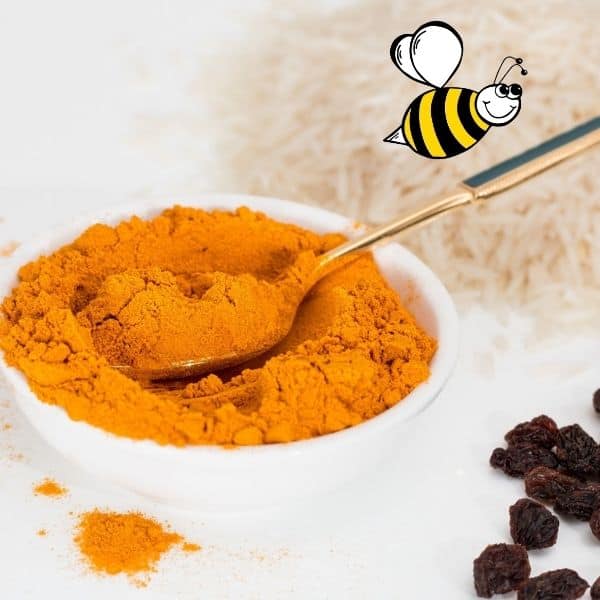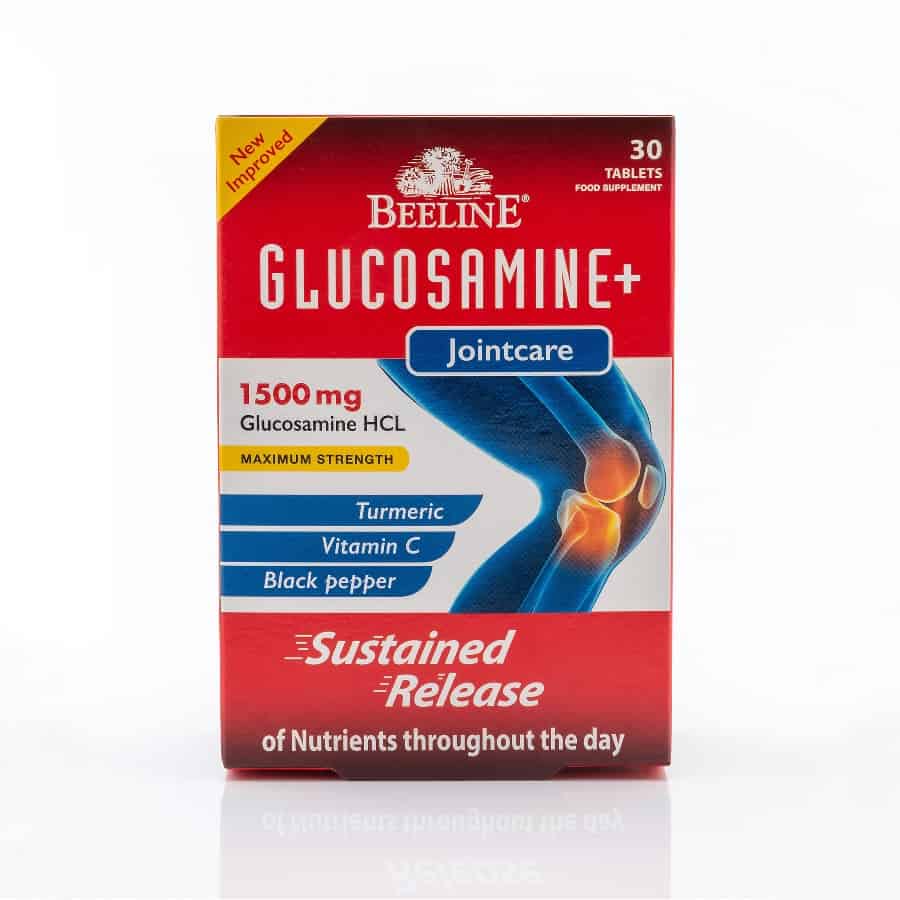Turmeric Benefits, Sources and Supplements
Turmeric is a spice with nutritional and medicinal health benefits. It is both an anti-inflammatory and an antioxidant that helps repair and protect the body. It supports healthy bones and joints, inflammation, arthritis, cognitive function, cardiovascular health, digestion, mood and helps protect the body from free radicals. Turmeric sources include certain foods, drinks and dietary supplements.
What is Turmeric?
Turmeric is a common herbal spice that has medicinal, health and nutritional benefits. It is used as both a culinary spice as well as a traditional medicine.
It is also called Curcuma longa, turmeric root, Indian saffron, Curcuma domestica and Curcuma aromatica.
Turmeric comes from the root of a tropical plant called Curcuma longa. This flowering plant is part of the ginger plant family. It is native to Southeast Asia, and has significant growth in India.
What is Turmeric Good for?
Turmeric is good for supporting a nutritional diet, good health and providing medicinal benefits.
Curcumin is a key ingredient of turmeric. This is a chemical. It acts as an anti-inflammatory and antioxidant to support good health and wellbeing.
In food, Turmeric is good for providing spice, taste and colour to dishes. It is probably best known for being responsible for the yellow colour and spicy flavour in curries.
Also, the plant’s root and rhizome stems are used to make tea.
19 Benefits of Turmeric
So, what does turmeric do for the body? There are lots of positive side effects for the body.
The health benefits of turmeric include:
- Helps maintain healthy bones and joints.
- Acts as an anti-inflammatory. Curcumin is a natural anti-inflammatory. It helps repair damage to the body. It also combats foreign invader or pathogens such as bacteria, viruses, fungi and parasites.
- Reduces arthritis stiffness, pain and inflammation. The Arthritis Foundation recommend taking turmeric capsules every day to help with suffering from rheumatoid arthritis and osteoarthritis.
- Having bioactive compounds that support good health in the body.
- Being a powerful antioxidant to improve the body’s defence system. Antioxidants help combat free radicals to protect the body from being damaged. Free radicals are toxic by-products of oxygen metabolism, which cause damage to normal cells and tissues in a process called oxidative stress. The body uses antioxidant vitamins and minerals to combat oxidative stress.
- Helps to support a healthy immune system.
- Supports lower cholesterol levels for better health.
- Reducing the risk of cardiovascular disease and heart attacks.
- Improving cognitive brain function. Curcumin may increase levels of brain-derived neurotrophic factor (BDNF). This protein supports brain function for learning, memory, eating, drinking and body weight.
- Potentially helping in the fight against brain diseases and psychiatric diseases by increasing BDNF in the body. Low levels of BDNF have been linked to a number of psychiatric diseases and brain diseases.
- May help with Alzheimer’s disease and dementia. BDNF levels are linked to age-related decreases in brain function.
- Potential anti-ageing effects to improve health in the elderly. A lecture by E. Sikora at a Symposium on the Pathophysiology of Successful and Unsuccessful Ageing discussed how curcumin is capable of improving the health status of older people.
- Treating and improving the symptoms depression by improving mood. Animal trials have shown that curcumin could potentially be used as an anti-depressant.
- Improving liver function due to its antioxidant ability. A study found that turmeric protects against liver injury by protecting against hepatic oxidative stress.
- Assisting with certain allergic reactions, due to its ability to reduce inflammation.
- Aiding good digestion. It does this by releasing bile to break down the fats in the food we eat.
- Potentially supporting weight loss and lowering body fat.
- Having antiviral properties that prevent viruses such as gastroenteritis.
- Possibly could help prevent and treat cancer. According to a paper from Antonio Giordano of Sbarro Institute for Cancer Research and Molecular Medicine and Center of Biotechnology and Giuseppina Tommonaro from the Institute of Biomolecular Chemistry, National Research Council of Italy, curcumin is “a promising candidate as an effective anticancer drug”. It has shown promise in treatment for myeloma, pancreatic and prostate cancer.
Are There Negative Side Effects of Turmeric?
Turmeric supports good health. It acts as an antioxidant and anti-inflammatory in the body.
Sometimes people have reactions to certain types of food or eating too much of a food type. Eating common spices and foods can occasionally cause negative side effects.
However, any negative side effects from turmeric are generally mild. Eating too much turmeric could cause upset stomach, dizziness, diarrhoea or acid reflux.

Sources of Turmeric
Turmeric is found in the root of Curcuma longa plant. The common sources of turmeric in our diet are in certain food, drinks and turmeric supplements.
1. Food and Drinks
Turmeric is a spice that can be added to or found in certain types of food and drinks. These can include:
- Curry.
- Indian food.
- Mulligatawny soup.
- Turmeric tea.
- Turmeric latte.
2. Turmeric Supplements
Dietary supplements are a source of turmeric to ensure that you fulfil your daily nutritional requirements. There are lots of positive side effects of taking turmeric supplements.
Beeline Healthcare have turmeric supplements to provide the you with your daily allowance.
Beeline Glucosamine and Turmeric Tablets are specially formulated to help joints, bones, muscles, tendons and ligaments. The supplement contains maximum strength for the full benefits of Glucosamine, while utilising sustained release technology. It also contains black pepper extract to enhance significantly the absorption of turmeric by the body to maximise its benefits.
Beeline Glucosamine and Turmeric Effervescent Tablets support the healthy function of cartilage, bones and joints.
Turmeric Dose
According to The World Health Organization, a daily intake of up to 1.4 mg of turmeric per pound of body weight is recommended.
How to Take Turmeric
Beeline turmeric supplements should be taken once a day.
Beeline Glucosamine + Turmeric Tablets should be swallowed with a glass of water. Beeline Glucosamine + Turmeric Effervescent Tablets are dissolved in a glass of water to form a liquid supplement.
Turmeric and Black Pepper
When eating turmeric, black Pepper enhances the absorption of turmeric by the body increasing its bioavailability.
Questions Turmeric
- What is Turmeric Good for?Turmeric is good for health and nutrition. It has anti-inflammatory and antioxidant qualities that help protect the body. It helps support healthy bones and joints, arthritis, cognitive function, digestion, cardiovascular health and mood.


